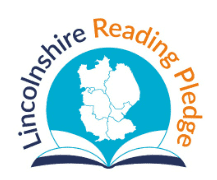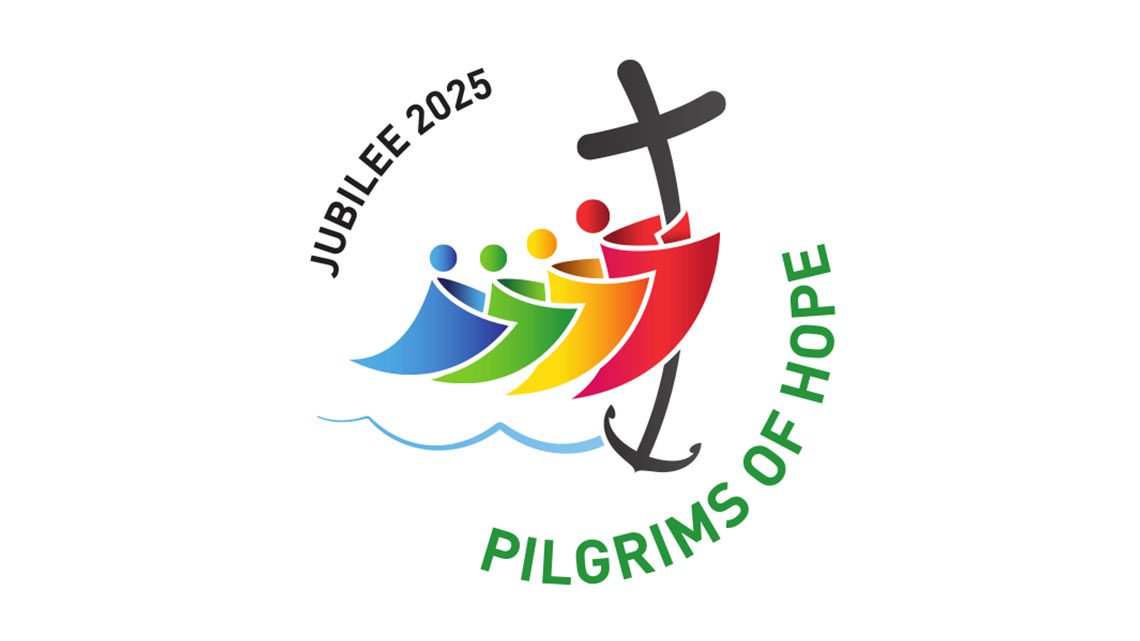Diversity Map: EYFS to Year 6
This diversity map shows how staff at St. Augustine’s deliver a comprehensive approach to diversity, inclusion, and wellbeing across all primary school stages. It ensures that these critical areas of learning are addressed progressively and age-appropriately:
| Area of Focus | EYFS | Key Stage 1 (Years 1-2) | Lower Key Stage 2 (Years 3-4) | Upper Key Stage 2 (Years 5-6) |
| British Values | Understanding basic concepts of fairness and respect. | Recognising and celebrating differences (cultural, individual). | Exploring democracy, rights, and responsibilities. | Understanding the rule of law, individual liberty, and mutual respect. |
| Catholic Social Teaching | Introduction to kindness, sharing, and helping others. | Understanding the concept of “loving your neighbour.” | Exploring themes of justice, equality, and charity (e.g., the Good Samaritan). | Social justice, solidarity, and the common good in the world (e.g., caring for the poor). |
| Protected Characteristics | Introducing the idea of treating everyone equally, regardless of appearance. | Recognising and respecting differences in race, gender, disability, etc. | Discussions on stereotyping, prejudice, and inclusivity. | Understanding more complex issues of diversity, such as LGBTQ+ and disabilities. |
| Mental Health and Wellbeing | Focus on emotional awareness, recognizing feelings (happy, sad, etc.). | Understanding the importance of talking about feelings and emotions. | Building resilience and understanding the concept of self-care. | Managing stress, anxiety, and learning techniques for mental well-being. |
| Diversity Links | Emphasising kindness and inclusivity, learning to appreciate differences. | Sharing stories about diverse cultures and backgrounds. | Understanding different cultures and identities; discussions on global diversity. | Deeper understanding of cultural, racial, and social diversity in society. |
Explanation of Progression:
- British Values:
- EYFS: Focuses on early concepts like fairness and respect for others.
- Key Stage 1: Children start to recognize and celebrate differences, including cultural ones.
- Lower KS2: Children learn about democracy, rights, and responsibilities in a more structured way.
- Upper KS2: The focus shifts to understanding key values such as the rule of law, liberty, and mutual respect, reflecting more complex societal structures.
- Catholic Social Teaching:
- EYFS: Children are introduced to basic ideas of kindness and helping others.
- Key Stage 1: Concepts such as loving others (as in the Good Samaritan story) are highlighted.
- Lower KS2: A deeper exploration into social justice, equality, and charity.
- Upper KS2: Children engage with broader concepts of social justice and solidarity, as well as how to help those in need in a global context.
- Protected Characteristics:
- EYFS: The focus is on treating everyone with kindness and respect, regardless of differences.
- Key Stage 1: Children begin to learn about diversity in terms of race, gender, and disabilities, focusing on acceptance.
- Lower KS2: Students are encouraged to discuss issues like prejudice, stereotyping, and inclusivity.
- Upper KS2: More in-depth exploration of diversity issues, including sexual orientation, gender identity, and disabilities.
- Mental Health and Wellbeing:
- EYFS: Emphasis on recognizing and expressing emotions.
- Key Stage 1: Children learn about the importance of talking about their feelings and how to manage them.
- Lower KS2: Focus on building resilience and the importance of self-care techniques.
- Upper KS2: Deeper learning on managing stress, handling anxiety, and practical skills for maintaining good mental health.
- Diversity Links:
- EYFS: Emphasis on kindness, inclusion, and treating everyone with respect.
- Key Stage 1: Exposure to diverse cultures, backgrounds, and perspectives through stories and lessons.
- Lower KS2: Children explore global diversity, learn about different cultures, and understand different identities.
- Upper KS2: A more mature exploration of cultural, racial, and social diversity in contemporary society.









